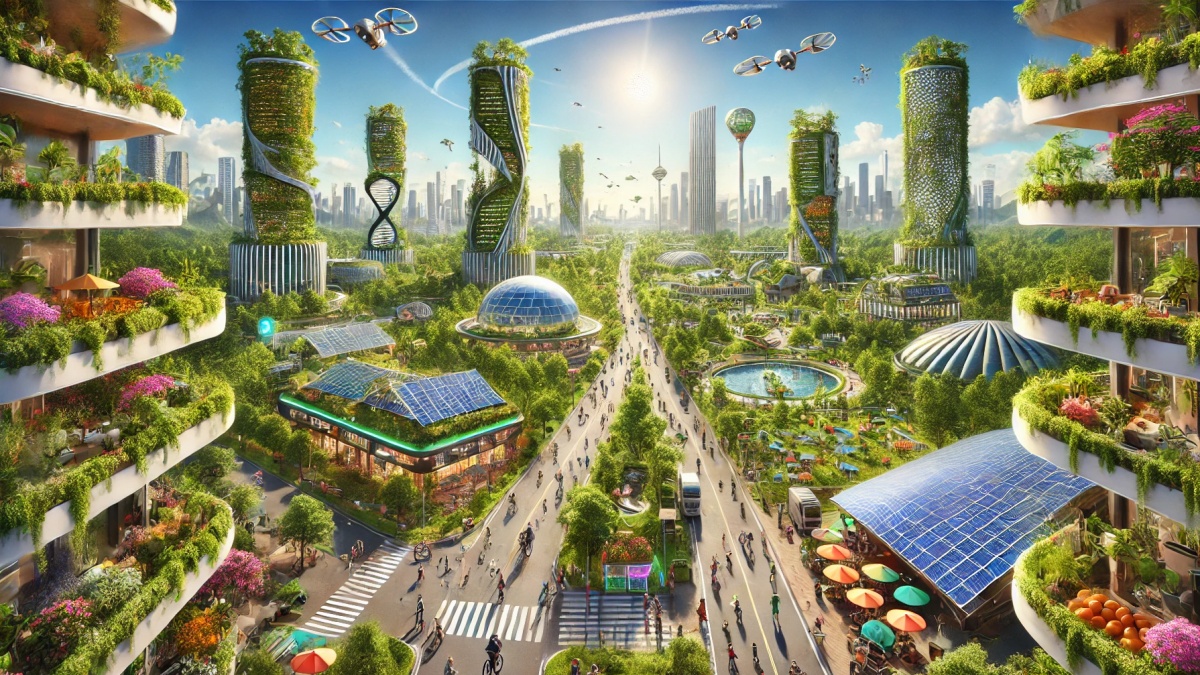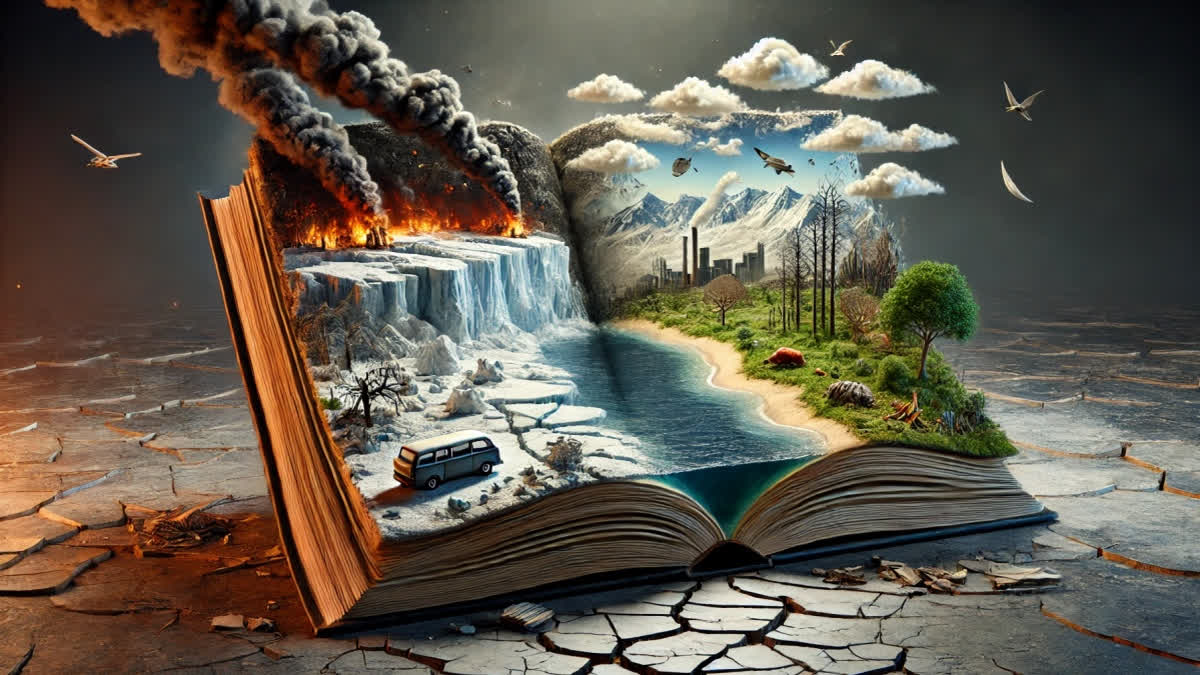Here’s the truth nobody wants to hear: the planet isn’t dying, it’s being murdered. Cli-fi is the confession letter. Cli-fi doesn’t pull punches. It doesn’t serve up sleek dystopias with slick endings. It gives you the world we’re building, brick by polluting brick. The stories are about people like you and me, lost in the maze of melting ice, choking skies and collapsing ecosystems.
What Is Cli-Fi?
Climate fiction or “cli-fi” is a literary genre that delves into the profound impacts of climate change on humanity and the planet. Emerging prominently in the 2010s, cli-fi intertwines elements of science fiction, speculative narratives, and environmental themes to explore potential futures shaped by ecological crises.
The genre has evolved to encompass various subtypes, each offering unique perspectives on our environmental challenges. Initially, cli-fi served as a speculative lens, imagining distant futures altered by climate change.
Over time, as the realities of environmental degradation became more apparent, the genre shifted towards more immediate and realistic portrayals. Contemporary cli-fi often reflects current anxieties, presenting scenarios that feel alarmingly plausible and urging readers to confront the pressing issues of our time.
Emerging Subgenres Within Cli-Fi

As cli-fi has matured, several subgenres have emerged:
Solarpunk: Envisions optimistic futures where technology and nature harmoniously coexist, depicting sustainable living and ecological balance.
Hopepunk: Focuses on the inherent goodness and resilience of humanity, showcasing collective efforts to overcome environmental challenges.
Dystopian Cli-Fi: Depicts bleak, often catastrophic futures resulting from unchecked climate change, serving as cautionary tales.
6 DEFINITIVE CLI-FI BOOKS FOR YOUR SHELF
1. The Living Mountain
Author: Amitav Ghosh
In this fable, Ghosh narrates the tale of Mahaparbat (a revered mountain) and the valley dwellers who live in its shadow. The arrival of the Anthropoi (outsiders intent on exploiting the mountain's resources) leads to environmental degradation and societal collapse. Through this allegory, Ghosh critiques humanity's relentless exploitation of nature and underscores the dire consequences of such actions.
2. The Ministry for the Future
Author: Kim Stanley Robinson
This novel presents a realistic and meticulously researched portrayal of the near future, where a global organisation is established to advocate for the rights of future generations amidst escalating climate crises. Robinson intertwines various narratives, from policymakers to refugees, illustrating the multifaceted challenges and potential solutions to climate change. The book stands out for its hopeful yet pragmatic approach.
3. Migrations
Author: Charlotte McConaghy
Set in a world where wildlife populations are nearing extinction, the story follows Franny Stone as she tracks the last migration of Arctic terns to Antarctica. Through her journey, McConaghy explores themes of loss, displacement, and the intrinsic connection between humans and nature.
4. The New Wilderness
Author: Diane Cook
In a world ravaged by pollution and overpopulation, a group of people attempts to live in one of the last untouched natural areas, the Wilderness State. Cook examines the tensions between civilization and nature, motherhood, and survival. The narrative raises critical questions about humanity's relationship with the environment and the sacrifices made in the name of progress.
5. Weather
Author: Jenny Offill
Offill's novel centers on Lizzie Benson, a librarian who becomes an unofficial therapist to those grappling with climate anxiety. Through a series of vignettes, the book captures the pervasive sense of dread and helplessness that accompanies the climate crisis, while also highlighting the small, personal ways individuals seek to make a difference.
6. The Overstory
Author: Richard Powers
This Pulitzer Prize-winning novel is essential reading in the cli-fi genre. It weaves together the stories of nine individuals whose lives are profoundly connected by trees and forests. Powers delves into themes of activism, environmental destruction, and the interdependence of all living things.
Read more:



